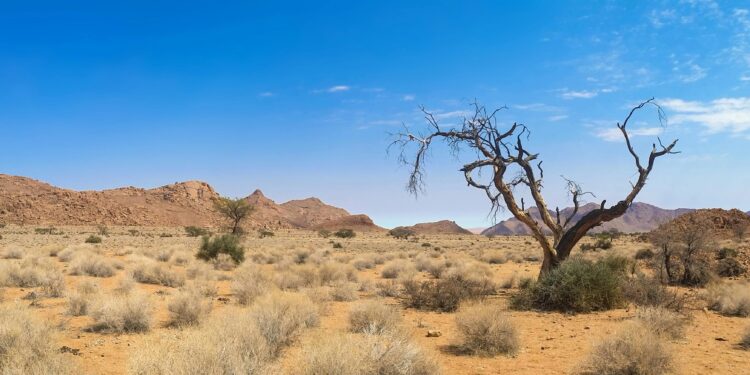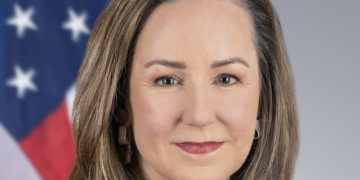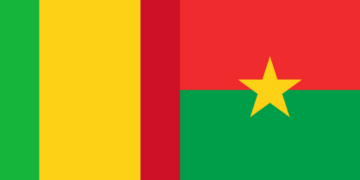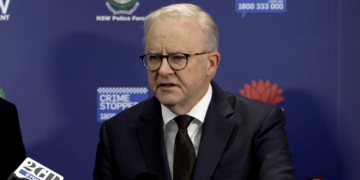On Saturday, July 6th, military leaders from Niger, Mali, and Burkina Faso solidified a new era of cooperation by signing a confederation treaty to form an alliance during a summit in Niamey, Niger. This move marks their official departure from the Economic Community of West African States (ECOWAS) and the establishment of the Alliance of Sahel States (AES). The three nations’ leaders—General Abdourahmane Tchiani of Niger, Captain Ibrahim Traore of Burkina Faso, and Colonel Assimi Goita of Mali—declared this pact a step toward greater regional integration and self-reliance.
The summit’s timing, just a day before an ECOWAS meeting in Nigeria, highlighted the growing rift within the West African region. The leaders criticized ECOWAS for failing its mandate and accused it of being influenced by foreign powers, particularly former colonial ruler France. “We are going to create an AES of the peoples, instead of an ECOWAS whose directives and instructions are dictated to it by powers that are foreign to Africa,” Tchiani stated.
The new alliance aims to foster economic and security cooperation among the Sahel states. Traore emphasized the importance of self-determination, asserting that Western powers have historically exploited the region’s resources. “Westerners consider that we belong to them and our wealth also belongs to them. They think that they are the ones who must continue to tell us what is good for our states. This era is gone forever,” he declared.
Goita, who was elected as the alliance’s leader, reinforced the commitment to mutual defense. “The attack on one of us will be an attack on all the other members,” he said. This new cooperative approach includes plans for a regional parliament and a shared financial institution, aiming to counter the influence of ECOWAS and its foreign allies.
The decision to withdraw from ECOWAS and form the AES reflects a broader trend of shifting alliances in West Africa. The recent coups in these countries have strained their relationships with Western governments, leading to a reduction in military support from France and the United States. Both nations have withdrawn troops and closed key bases in the region.
Despite these changes, the security situation in the Sahel remains precarious. Armed groups linked to al-Qaeda and ISIL continue to pose significant threats, and recent military operations have resulted in widespread violence and displacement. In 2023 alone, over 8,000 people were killed in Burkina Faso, and the region’s instability shows no signs of abating.
As the AES seeks new partnerships, particularly with Russia, it remains uncertain whether these alliances will bring stability to the Sahel. For now, the leaders of Niger, Mali, and Burkina Faso are focused on asserting their independence and redefining their regional and international relationships.







